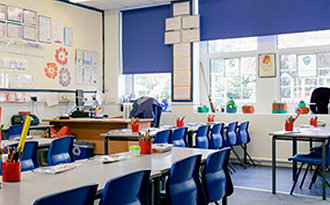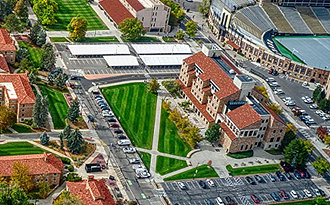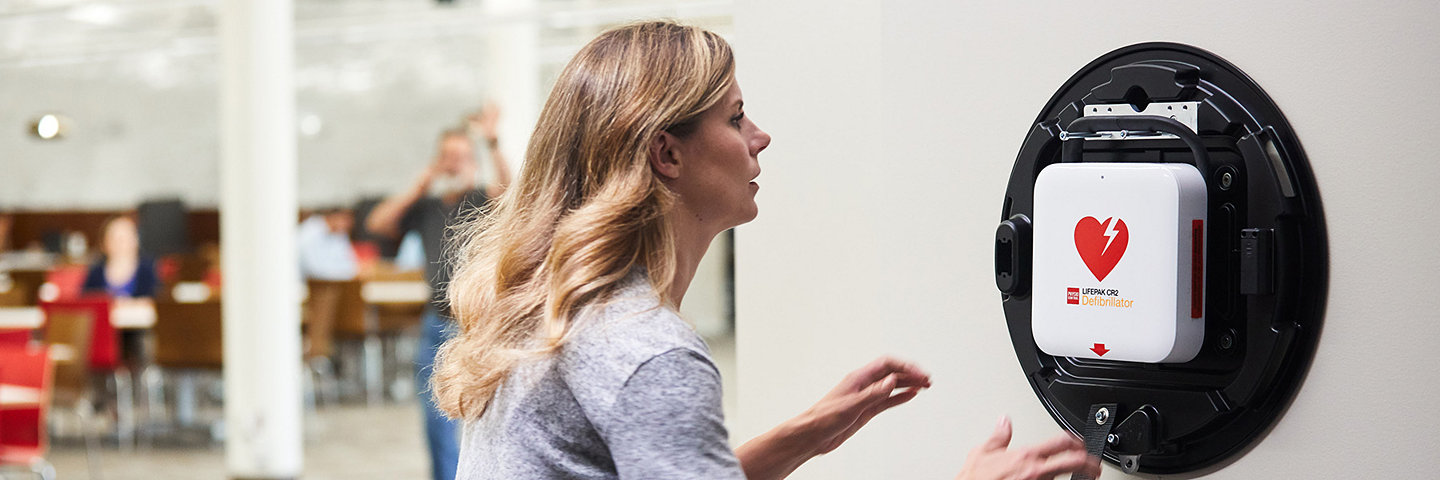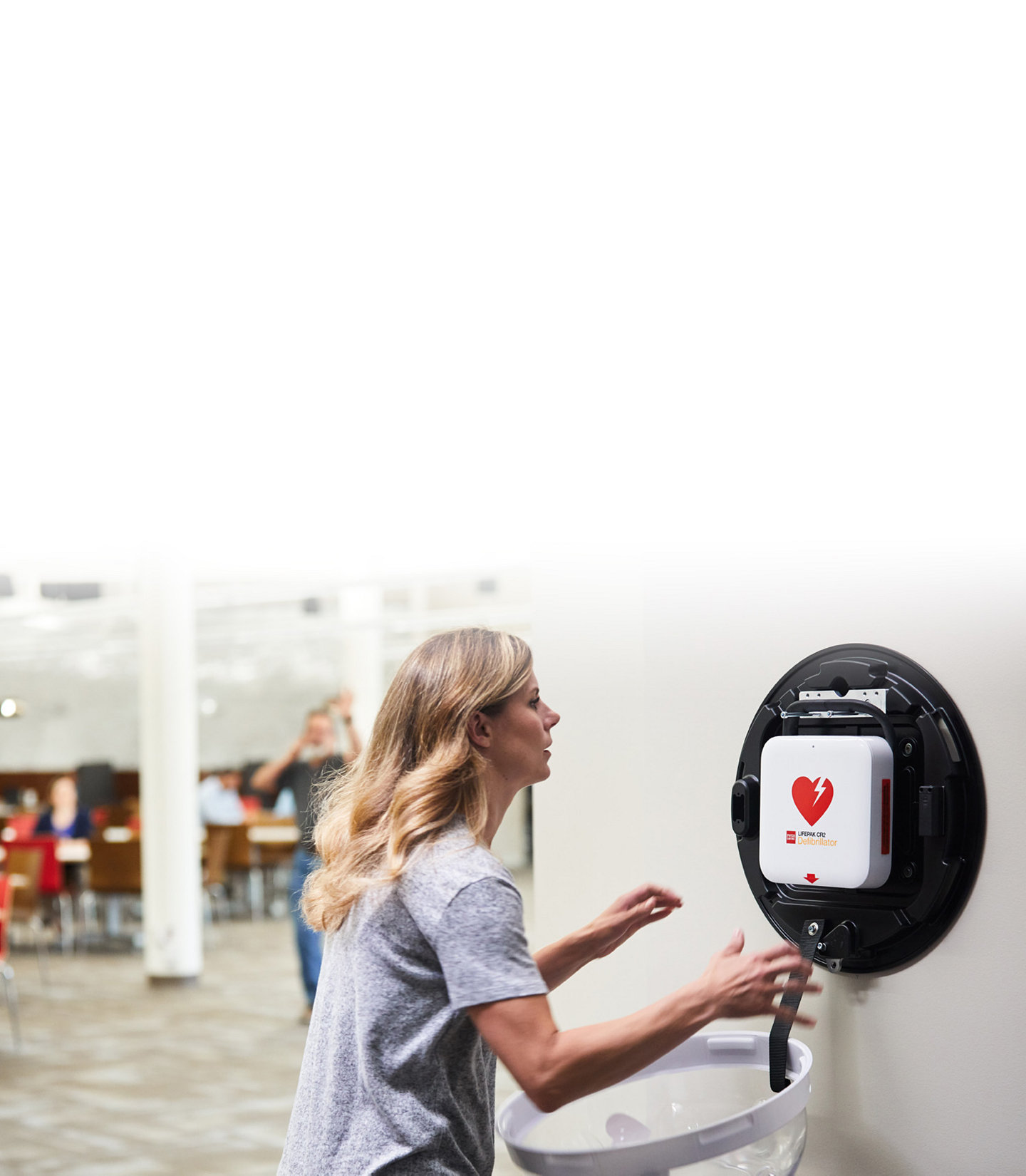18-Sep-2023
Out-of-hospital sudden cardiac arrest can happen anywhere, whether it’s at the office, on the field during an NFL game, at a busy airport – or in the middle of the classroom. That’s why it’s crucial to have lifesaving options available nearby, such as an automated external defibrillator (AED).
AEDs administer an electric shock through the chest wall to attempt to convert an abnormal heart rhythm. Providing bystanders with quick access to an AED could mean the difference between life and death for sudden cardiac arrest victims.
With another academic year in the U.S. getting underway for students and parents, AEDs can help save lives in elementary and secondary schools, as well as on college campuses.
Sudden cardiac arrest strikes 7,000 children and teens every year, according to the American Heart Association.1 Yet fewer than half of the states in the U.S. require AEDs in schools.2
Learn more about why every elementary and secondary school should seriously consider having one:


Most colleges go to great lengths to promote safety on campus, including providing security personnel, a student health center and mental health services. University campuses are busy public settings, populated with students, faculty and visitors of all ages and hosting many events including conferences, concerts, sporting events and academic competitions.
Learn more about the best ways to keep all members of a campus community safe from sudden cardiac arrest:
References
- Tsao, et al, Heart Disease and Stroke Statistics—2022 Update: A Report From the American Heart Association. Circulation, 2022; 145(8): e 153-e939.
- CPR and AED Laws, Sudden Cardiac Arrest Foundation. Retrieved October 11, 2022, from https://www.sca-aware.org/about-sudden-cardiac-arrest/cpr-and-aed-laws.
COMM-GSNPS-SYK-809550


